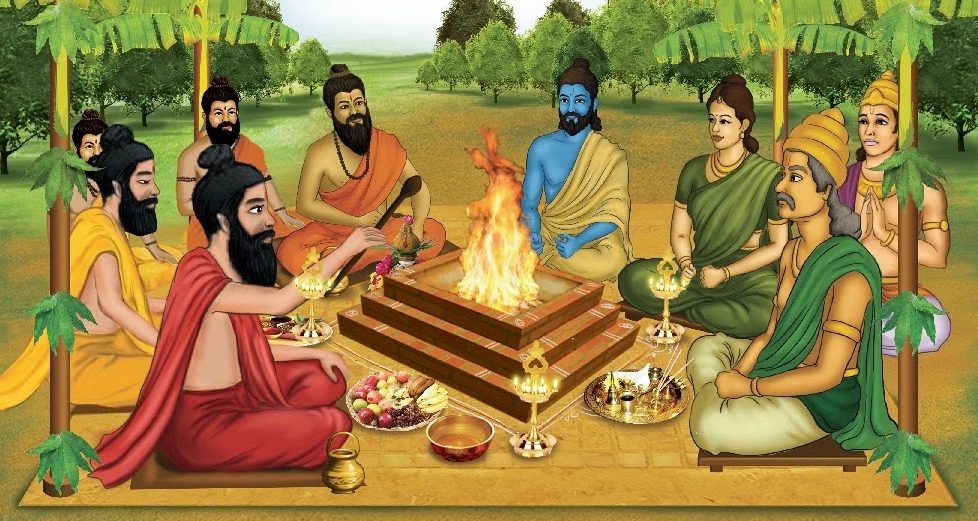How Hindus must stand strong for Dharma?


Being willing and prepared to stand firm for the Vedic tradition is one of the most crucial things we can do to begin demonstrating what it truly is. All adherents of Vedic Dharma ought to be enough knowledgeable about the philosophy to be able to respond, at the very least, to the most common inquiries. Regardless matter whether they are criticisms or merely questions from individuals who are ignorant but honestly curious, they should be answered quickly, succinctly, and effectively. By doing this, we can dispel the notion held by some non-Hindus that the Hindu heritage is some superficial philosophy or a collection of antiquated tales or superstitions.
We must demonstrate to them the profundity of our way of life, which has been handed down through the ages for thousands of years. Additionally, it is said to contain profound insights and spiritual knowledge that cannot be obtained anywhere else and has served as a beacon for all of humanity. To do this, however, all Hindus must have a proper education in their culture. Nobody should be too afraid to address the different cultural critiques that certain individuals may have or to dispel their misconceptions.
Accepting to defend Vedic Dharma as a joint effort for all of us.
If we don’t stand up for the Dharma in the world, you and society will automatically fall apart, either slowly or suddenly. Dharma refers to the timeless spiritual truths that keep the world in balance. Without it, there will undoubtedly be an imbalance and degradation. In order to be an expert in martial arts, one needs practice consistently in order to be able to protect oneself from any type of attack or in a variety of situations. Similar to this, we must practise defending our culture from any inquiries that may be posed or from any situation in which we may find ourselves. And we must be able to respond to such inquiries without being overly emotional, defensive, or provoked anger. They must be met with confidence, calmness, and coolness from ourselves. It also requires practice.
In order for Dharmists or Hindus to regularly practise being prepared with the correct information and answer, workshops should be organised in temples or even in homes. This might be highly enjoyable, interesting, and informative if done in a group environment with other participants. It could also build pride in one’s own culture and inspire the courage to protect it when necessary.
If someone confronts you about Vedic culture, all of a sudden you are speaking for the entire Dharmic tradition and every other Dharmist/Hindu. Your response, together with the responses of all Vedic Dharmists, will be evaluated along with the quality of your attitude and the depth of your response.
In other words, whether you respond coolly, calmly, or confidently, or if you react flustered, emotionally, defensively, angrily, or with little substance. As a result, we must be ready. To defend our culture and give succinct, precise, and insightful responses, we must all own the pride in it and be knowledgeable about it. Furthermore, things must make sense, whether to those who are seeking to criticise or to others who may sincerely ask a question but are unfamiliar with Vedic culture.
Source: Crimes Against India by Stephen knapp
DISCLAIMER: The author is solely responsible for the views expressed in this article. The author carries the responsibility for citing and/or licensing of images utilized within the text.
